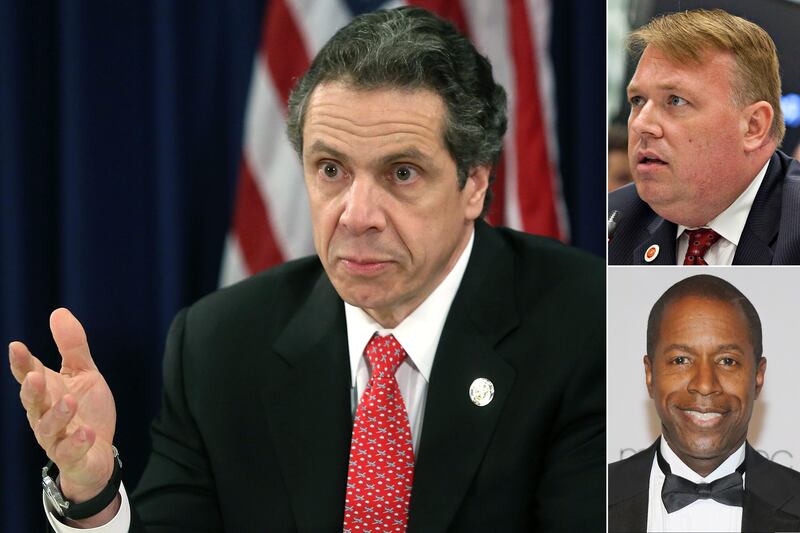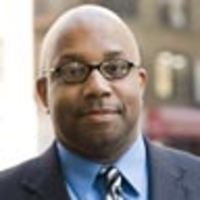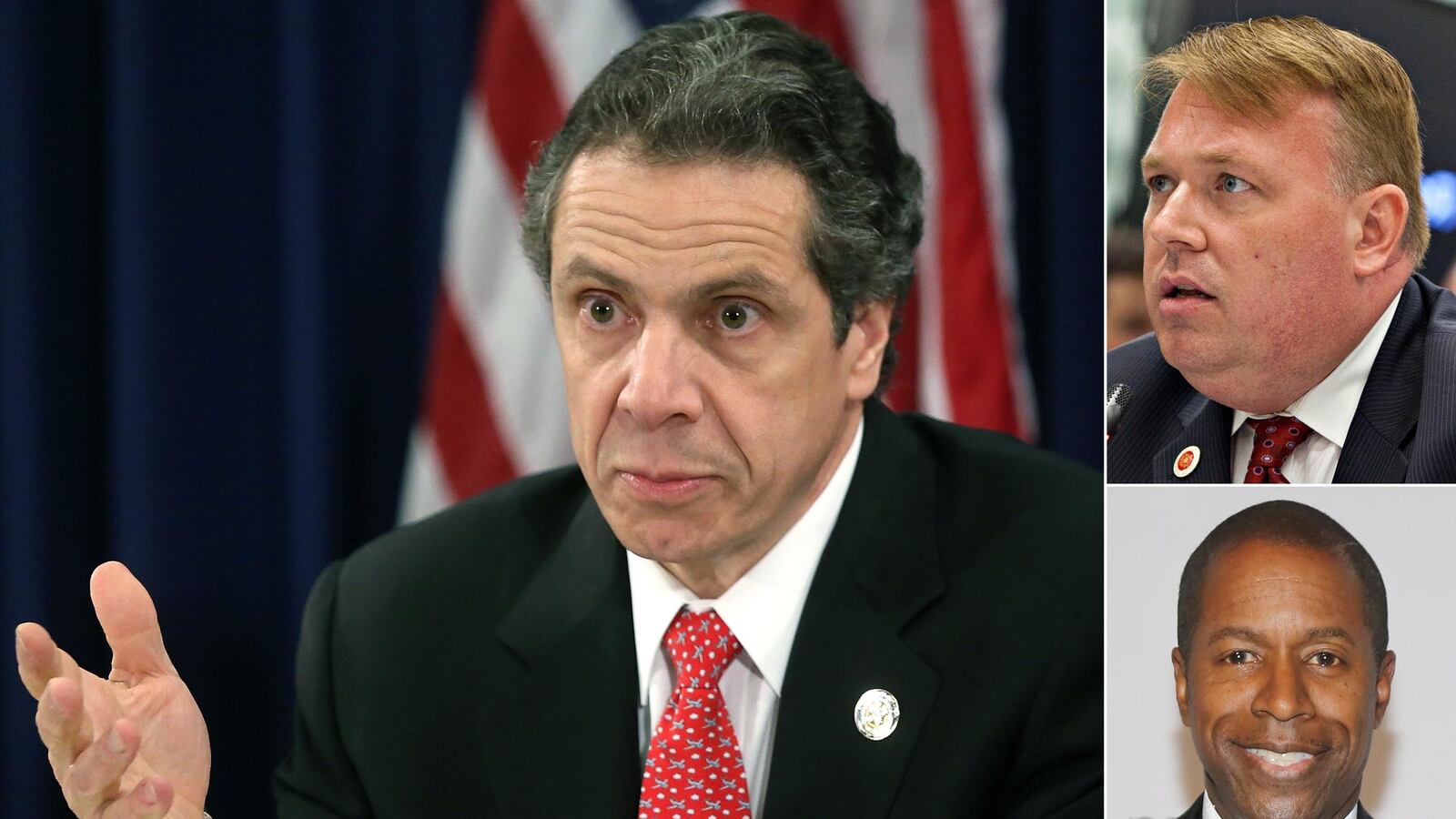To understand New York’s culture of political corruption, consider the words of a freshman city councilman named Dan Halloran, heard on an FBI wiretap shortly before his recent arrest for bribe taking.

“You can’t do anything without the fucking money,” said Halloran to an undercover agent allegedly passing him an envelope stuffed with cash. “Money is what greases the wheels—good, bad, or indifferent.”
The comment was splashed across the front pages of the city’s tabloids, along with photos of Halloran and his alleged co-conspirators. None of the editorial writers and moralistic reformers who condemned the latest outbreak of sleaze even suggested his comment might not be true.
And that is the first thing outsiders need to know about the political corruption here. My city is drenched in a culture of deeply entrenched wrongdoing that goes far, far beyond the envelopes stuffed with cash that a few city and state officials now stand accused of demanding and accepting.
My city was home to real-world gangsters (John Gotti, Bernie Madoff, Nicky Barnes) who were scarcely less flamboyantly, cynically greed-crazed than their fictional Hollywood counterparts (Don Corleone, Gordon Gekko, Nino Brown).
My city was where, during my days as a newspaperman, my colleague Jerry Capeci penned an award-winning column, Gangland, that matter-of-factly chronicled the feuds and fights of the city’s organized crime families in the same way that the sports page reported on the latest wins, losses, and injuries of the Yankees.
My city’s founding myth—the brazen swindle of Manhattan Island from local Indian tribes for $24—is dutifully taught to wide-eyed schoolchildren, year after year.
And my city is where—two days after Halloran’s arrest, in a separate scheme—FBI agents arrested a state legislator from the Bronx named Eric Stevenson for bribe taking. Prosecutors released part of a wiretap that caught Stevenson musing aloud, “if half the people up here in Albany were ever caught for what they do ... they ... would probably be (in jail). So who are they bullshitting?”
Who, indeed? It’s a question worth applying to the various reforms now being floated to rid New York of political corruption. The most widely supported idea—and, perhaps, the most laughable—is to expand New York City’s campaign-finance program, the closest thing America has to full public funding of elections.
Candidates enrolled the program get a 6-to-1 match of public funds to go along with private campaign contributions. In exchange, candidates agree to limit their spending (and the size of the contributions they can accept), shun contributions from corporations, and disclose all the money they raise and spend on an election.
As an example: donating $175 to a participating candidate for mayor, city council, or other city office results in a public match of $1,050 in taxpayer money, converting the small contribution into $1,225.
The idea is to make politicians less dependent on big donors and, in theory, less likely to trade the power of their office for a little money on the side. In practice, paying off one dollar with six plays out like you’d expect. One of the leading candidates for mayor, Comptroller John Liu, has been dogged by news reports about, and a reported federal investigation into, his use of straw donors in past campaigns.
Halloran, a rare Republican officeholder in the city, was arrested for allegedly serving as a middleman for a Democratic politician, Assembly member Malcolm Smith, who was allegedly looking to pay off Republican county leaders to buy access to their party line in this year’s mayoral election. It’s not yet clear what was motivating Smith, who had no real chance of being elected on any line, but the smart money may be that he was banking on matching funds.
Bottom line: giving money to buy honesty is an almost touchingly naive remedy for a problem with deep, thick, thirsty roots in New York civic culture.
“In effect, you’re asking the people to bribe public officials into being honest,” writes columnist Bill Hammond. “It’s only worth considering if voters can have basic faith that politicians will uphold their end of the bargain.”
It is hard to imagine the worst pols changing their ways. Halloran, for example, is registered in the campaign-finance program. According to the criminal complaint, that didn’t stop him from also pocketing cash, allegedly in exchange for steering public money to the man with the cash envelope.
The way that New York takes its corruption in stride lies at the heart of the problem. Years ago, I served on the board of City Limits, an investigative journalism magazine that for a time was based around the corner from the Ravenite Social Club, the storefront from which John Gotti ran the Gambino crime family.
The men accused of running the Gambino empire of loan-sharking, extortion, hijacking, and gambling did not quietly slip in and out of their headquarters. On the contrary: twice a week, a veritable army of 50 to 100 goons and gangsters in suits swarmed and swaggered along Mulberry Street, chatting, laughing, and merrily raising a ruckus.
Federal investigators eventually convicted Gotti, who died in prison, but New York remains a place where wiseguys and Wall Street scammers still do open-air business. And the overwhelming weight of evidence suggests that New York’s elected officials—whose livelihood depends on following the popular mood, not bucking it—are unlikely to carve out a new age of public honesty in a city where so much is for sale.
The few public figures who styled themselves as corruption-fighters in recent years have come to political grief. In the 1980s, Rudy Giuliani, as a federal prosecutor, prosecuted and imprisoned many officials during the city’s last major corruption scandal and rode the subsequent fame into the mayoralty—only to see one of his right-hand men, former police commissioner Bernard Kerik, packed off to prison for tax fraud and making false statements.
Another close Giuliani ally, the late Liberal Party boss Ray Harding, pleaded guilty in a pay-to-play scheme shortly before his death, and had a son, Russell Harding, who pleaded guilty to embezzling public funds, served five years in prison, and eventually committed suicide.
A few years later, a new white knight, Gov. Eliot Spitzer, who as attorney general was the scourge of shady Wall Street operators, ended up resigning in a prostitution scandal.
The current governor, Andrew Cuomo, vowed to root out corruption but has accomplished little so far. Facing reelection in 2014 and the possibility of a presidential run in 2016, Cuomo has hurriedly responded to the latest round of arrests, and the threat they pose to his national aspirations, by joining with local prosecutors to propose a new round of laws—including a plan to fund state campaigns with laws modeled after New York City’s—to make things right. Good luck with that.
“A show-me-the-money culture seems to pervade every level of New York government,” said Preet Bharara, the U.S. attorney for the Southern District of New York, who has spent the last several years busily filing prison cells with corrupt pols.
All too true. The notion that you can change the culture by showing even more money sounds like an expensive, unlikely bet. The money might be better spent hiring more investigators to man the wiretaps, lawyers to draft the indictments, and guards to slam shut the prison doors.





